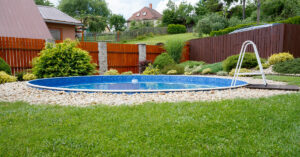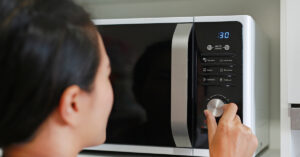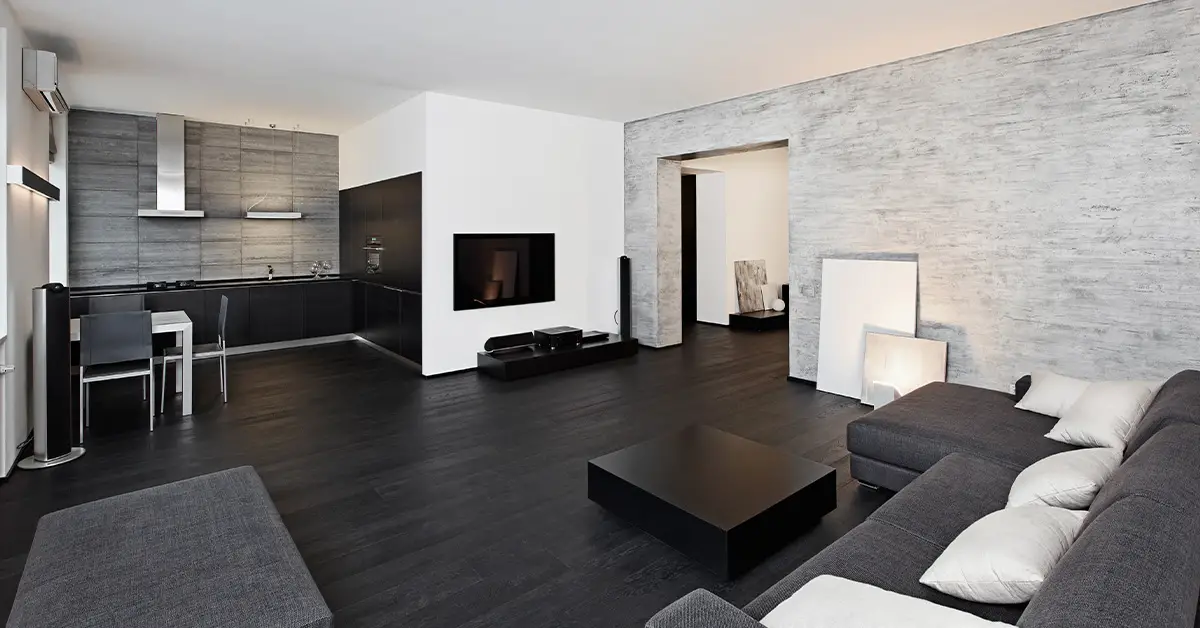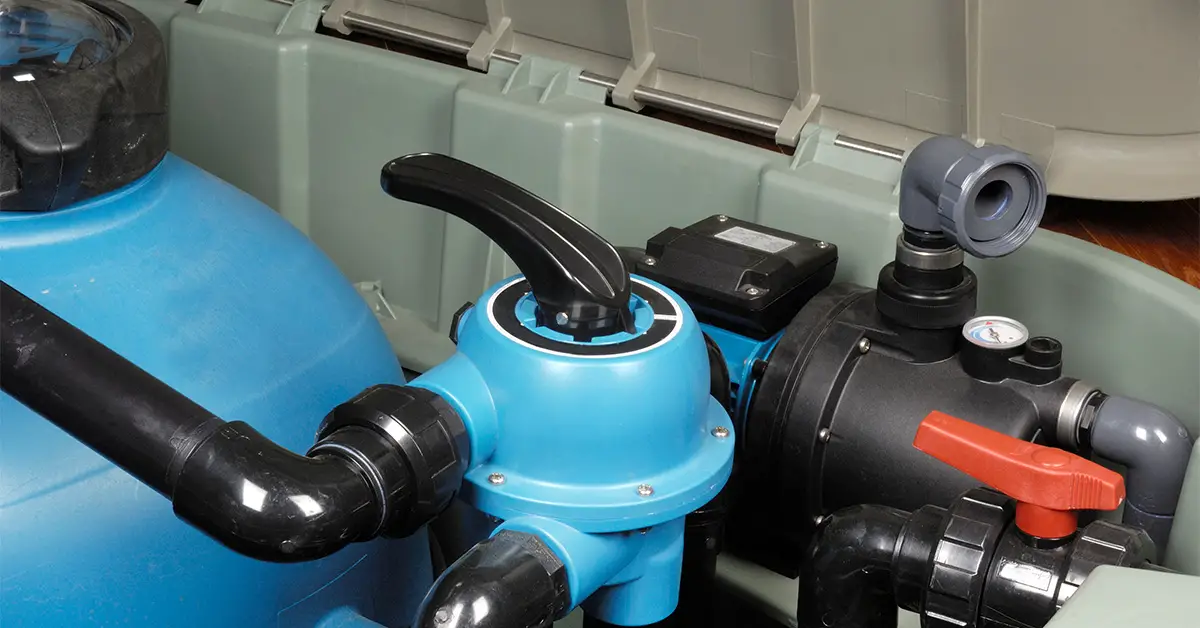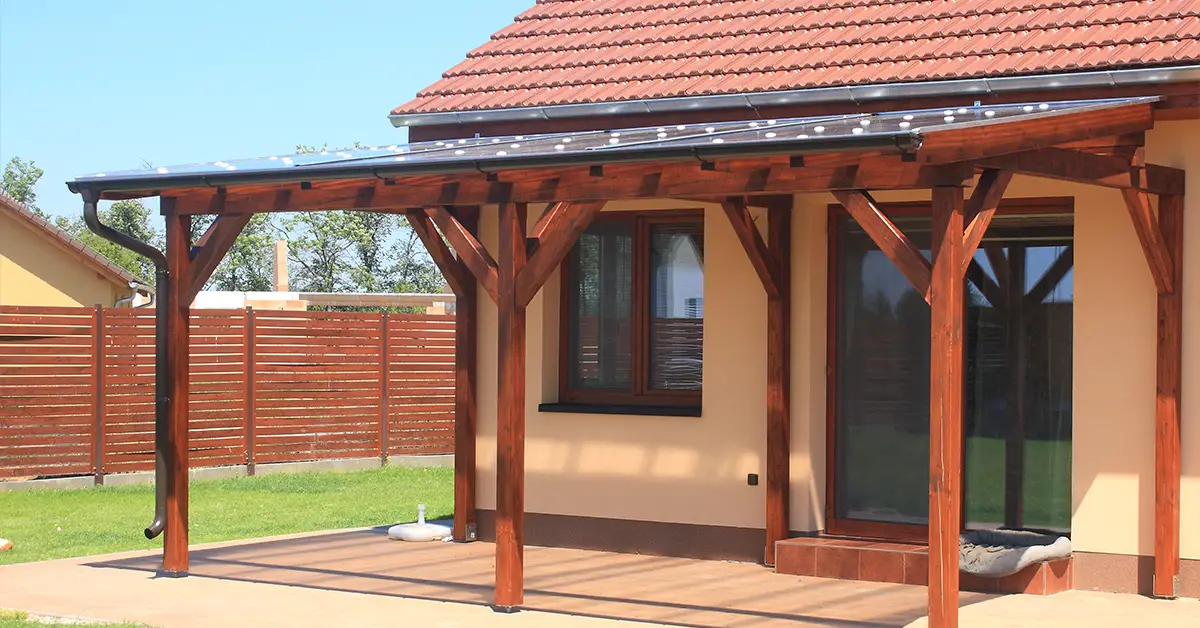The overbearing heat radiation has cost the people of the US, the luxury of sleep. It is growing intolerable day by day. Though they themselves are to blame for this misery, we are here to lend a helping hand to them.
Heating and cooling systems generate nearly half a billion tons of carbon dioxide into the atmosphere every year, contributing to global warming, according to the US Department of Energy. They also produce nearly a quarter of the nation’s sulphur dioxide, which is a major component of acid rain. In this article, we have covered what are the potential sources of heat radiation in the US and how can you reduce the heat radiation from house walls.
Table of Contents
What causes heat radiation In the US?
The solar ultraviolet rays produced from the sunlight are the primary source of the Earth’s temperature and also a rise in it. This process is known as Thermal radiation, which means energy is radiated in every direction by a pre-heated surface and travels straight to its site of absorption at light speed. It doesn’t rely on an intermediate medium to transfer it.
Our ozone layer has been depleting for quite a time now. As a result, extreme UV rays enter our troposphere unfiltered and mess with the up roaring temperatures. So, to beat the heat we are bounded to quick solutions like air conditioners, air coolers and freezers. These products end up being detrimental to nature as it highly contributes to the increase in global warming. It uses nearly about 1/6th of U.S. Electricity on a hot summer day.
Even our homes fail to shield us from this extreme radiation. So, how do you protect a wall from the heat? Opting for natural methods in this trying time would be a smart choice for society. Passive cooling techniques offer simple solutions to this problem.
Less-impactful methods to protect the home walls from heat radiation
Here are some convenient ways to protect the house wall from heat radiation in the US:
- Light blocking– Light blocking is an efficient way to prevent heat radiation. Using blinds, insulating the walls and reflective windows could facilitate house temperature cooling down.
- Fibre glass for insulation– Using fibre glass as insulating material would keep the house from absorbing heat through the roof attics.
- Foil paper– Reflective surfaces would reduce the heat radiation by half. A foil papered surface attached to the roof would reflect back most of the heat.
- Choosing the right house color– The color of your house plays a great role in absorbing or reflecting heat radiation. Darker colored houses absorb 70% of the heat that strikes on the exterior wall of the house. Whereas, light color houses reflect the given radiation and provide a cooler setting. During the summer it is better to paint the exterior of the house with a light color to reflect the heat.
- Blinds and drapes– Blinds and Drapes are one of the most cost-effective methods in the Shading genre. It reduces energy radiation by keeping unwanted heat away. Lightweight and breezy materials like bamboo shades would help you breathe.
The lightweight fabric allows air to pass through them and keeps them cool. Always choose cotton and linen clothing in the summers.
- Planting an adequate number of trees in neighborhood– Another natural shading method that one can consider is landscaping. Planting trees in your house’s vicinity would provide ample shade. While there are a lot of trees and plants to choose from, opt for trees that don’t block the natural airflow. Also add greeneries inside your house like aloe Vera, areca palm trees or ferns which have the ability to absorb the toxins from the air.
- Treating the roof– Since the roof of the house absorbs the maximum heat, choosing a UV reflective color paint can be a smart choice. It will help to keep the temperature inside the house for quite a long time. Go for an environment-friendly waterproofing UV reflective coat. For this, you can also take professional help
How to reduce the heating sources by making daily lifestyle changes?
Proper ventilation ensures proper airflow throughout your house. Choose a favorable time to open your blinds and let the breeze pass through your windows. Also, insect-proof your windows to prevent flies and mosquitos.
New technology lets us see the dawn of every solution in our life. Smart color choices like UV reflecting paints will reduce the overall temperature of the house.
Decreasing Interior Heat would be next in line after these methods. Cutting down on A.Cs ad replacing them with ceiling fans would lessen the power consumption.
Try switching your incandescent lights to LED lights, as they are more power-saving. Kitchen appliances like microwaves and pressure cookers use less heat with low consumption of heat.
Switch off electrical appliances when not required, especially during the daytime. Artificial lighting conditions can be avoided during daylight. This would ensure in a reduction in energy consumption.
Avoid using any gadgets near the air conditioning units, like TV and lamps. The radiated heat from those appliances would make the AC run for longer times.
Dishwashers can also be a source of huge power usage and can be avoided using air-drying them. This would be more cost-effective and would save a lot more money switching to cooler options. The focus on small impact changes could lead to large impact changes and the overall betterment of our planet.
Seal off the laundry rooms since dryers and washers generate a lot of humidity & heat. It’s better to use the washers or dryers in the early morning so that you will be able to handle the extra heat generation.
Shifting to energy-efficient lights is another great move since regular lights radiate excess heat that warm-ups the temperature of the house very quickly.
Conclusion
Excess heat radiation has become a severe issue in the US. But by making small changes in the interior and exterior of your house you can easily protect the walls from excess heat radiation and thereby make the rooms much cooler! Also by shifting to energy efficient electronic items you will not only reduce your electricity bills but can also reduce heat excess heat radiation inside the house.


